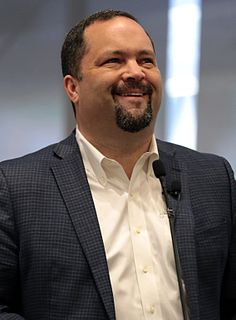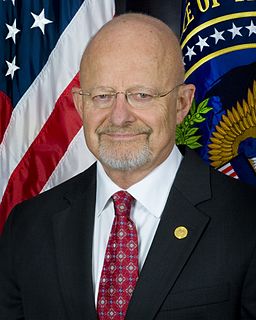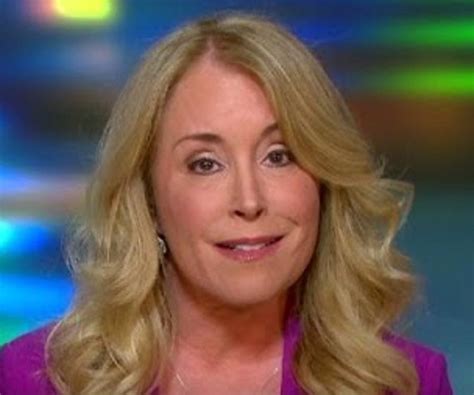A Quote by Ronald Kessler
When 'The Washington Post' ran the first national story about FBI profiling in 1984, no one outside of law enforcement recognized the term.
Related Quotes
The president has a duty and a right to oversee the FBI, and you know, he properly delegate the law enforcement to the FBI and try to insulate it from politics. But that's not to curb the president's authority over the FBI. So if he wants to meet with the FBI and give his opinion or even talk about his hopes, if indeed, he said that, he has every right to do so.
This killer [in Orlando] was interviewed by the FBI three times and I'm not going to second guess what career law enforcement professionals do everyday to defend our nation. But we need to look carefully at this. Should we have a broader database? You know, someone comes to the attention of FBI not once but three times, does that suggest that local law enforcement needs to know.
The FBI has built up substantial expertise to address cyber threats, both in the homeland and overseas. Here at home, the FBI serves as the executive agent for the National Cyber Investigative Joint Task Force (NCIJTF), which joins together 19 intelligence, law enforcement, and military agencies to coordinate cyber threat investigations.
Racial profiling punishes innocent individuals for the past actions of those who look and sound like them. It misdirects crucial resources and undercuts the trust needed between law enforcement and the communities they serve. It has no place in our national discourse, and no place in our nation's police departments.
Here in Washington State, I've supported efforts to provide our law enforcement with the proper training and resources required to meet their changing and demanding needs of their job. In doing so, I feel that the community and the law enforcement relationship will gratefully benefit from a renewed sense of responsibility and accountability.
To accomplish its mission, the FBI relies heavily upon its law enforcement and intelligence partners around the nation and around the globe. By combining our resources and our collective expertise, we are able to investigate national security threats that cross both geographical and jurisdictional boundaries.
I have spent years representing victims of racial profiling and police brutality and investigating patterns of drug law enforcement in poor communities of color - and attempting to help people who have been released from prison attempting to 're-enter' into a society that never seemed to have much use to them in the first place.
Well, when people talk about interrogating terrorists, they're acting like this is some sort of law enforcement function. Law enforcement is about gathering evidence to take someone to trial, and convict them. Anti-terrorism is about finding out information to prevent a future attack so the same tactics do not apply.
































